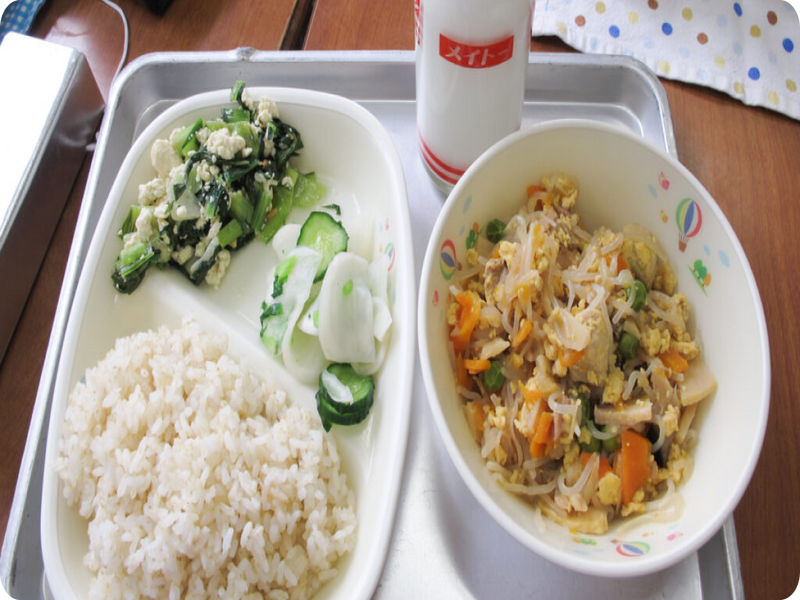Pakistan is embarking on a significant agricultural transformation with the launch of the National Olive Plan 2030, a comprehensive strategy aimed at promoting sustainable olive farming throughout the country. This initiative, announced by the Minister for National Food Security, Rana Tanveer Hussain, reflects the government’s commitment to enhancing rural development, achieving economic stability, and addressing the country’s growing demand for edible oils. The National Olive Plan 2030 is designed to position olive cultivation as a cornerstone of Pakistan’s agricultural sector by leveraging its potential for climate-smart and water-efficient farming. Olive trees are naturally drought-tolerant and require less water compared to other oilseed crops, making them highly suitable for Pakistan’s varied climatic zones, especially arid and semi-arid regions. By focusing on olive farming, the plan aims to promote environmentally sustainable agriculture, contributing to the country’s broader climate change mitigation goals. A key component of the plan involves extensive research and development to identify and propagate olive varieties that are well-adapted to local environmental conditions. Collaborations with agricultural research institutions and international partners will help introduce advanced farming techniques, pest management strategies, and disease control measures to maximize yields and quality. These efforts will also support the development of olive-based value chains, including processing and packaging facilities, to enhance product competitiveness in both domestic and international markets. Investment promotion is another pillar of the National Olive Plan. The government aims to attract private sector participation and foreign direct investment to build infrastructure such as nurseries, irrigation systems, and modern olive oil extraction plants. This will not only improve production efficiency but also create new employment opportunities across the farming, processing, and marketing stages. Additionally, specialized training programs will be rolled out to equip farmers with the skills necessary to adopt best practices in cultivation, harvesting, and post-harvest handling, ensuring higher productivity and profitability. Global partnerships form an essential part of the initiative, with Pakistan seeking cooperation from international agricultural bodies, technology providers, and trade organizations. These alliances will facilitate knowledge exchange, capacity building, and market access, enabling Pakistani olive products to meet international quality standards and expand their reach in export markets. The National Olive Plan 2030 also aims to significantly reduce Pakistan’s dependence on imported edible oils, which currently impose a substantial burden on the country’s foreign exchange reserves. By increasing domestic production of olive oil, the plan will help balance trade deficits and contribute to food security. Moreover, with the growing global demand for healthy and natural oils, Pakistan’s olive products have the potential to capture a share of the lucrative international market, boosting export revenues. In summary, the National Olive Plan 2030 represents a forward-looking agricultural policy that integrates sustainability, economic development, and technological innovation. It is expected to create new income streams for rural communities, encourage environmentally responsible farming, and solidify Pakistan’s position in the global olive oil industry. Through focused research, strategic investment, skill development, and international cooperation, this initiative paves the way for a resilient and prosperous agricultural future centered on olive cultivation.



































